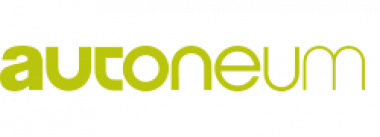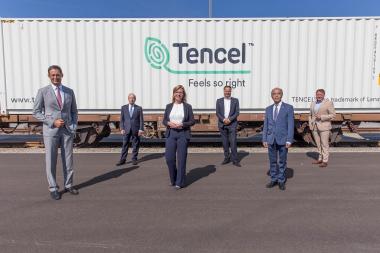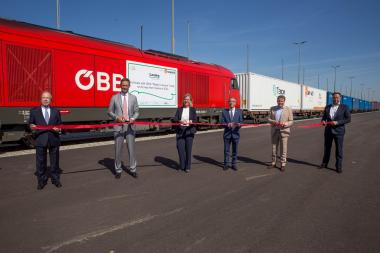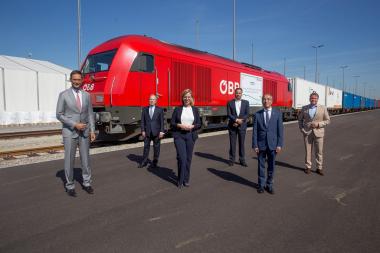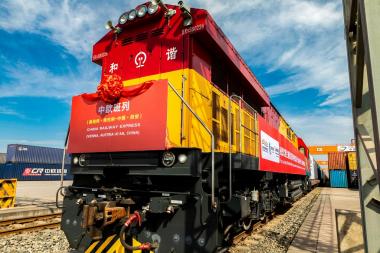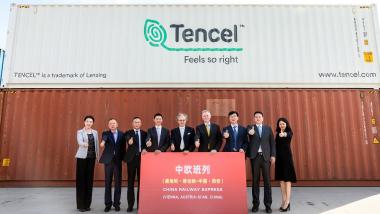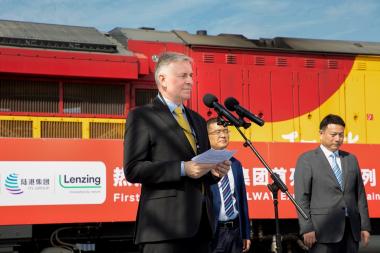Autoneum: Long-term financing sustainably secured
Autoneum Holding Ltd signed a new loan agreement with a syndicate of banks led by UBS and Credit Suisse on the 31st of October 2022. This loan agreement replaces with immediate effect the existing syndicated loan, which was due to run until December 31, 2022.
The credit line specified under the new agreement remains at CHF 350 million and includes a substantial financial reserve for the Company. The main provisions of the previous loan agreement also apply unchanged to the new loan agreement, which runs for five years until October 31, 2027.
“We are pleased to have concluded this loan agreement, which secures the Group’s long-term financing,” said Bernhard Wiehl, Chief Financial Officer at Autoneum. “It is also important to say at this point that Autoneum has managed to further strengthen its financial stability over the last three years despite the corona crisis and a challenging environment in the automotive industry. Positive cash flow development over the past two years has enabled Autoneum to continuously reduce net debt since 2020.”
With the syndicated loan, the Group’s liquidity and long-term financing continue to be sustainably secured through a broad-based syndicate of twelve banks.
Autoneum Management AG


